Britain & Ireland
What was it about industrialisation that led to the emergence of a woman’s movement in Victorian Britain? Why do we see so many people fighting for so many rights and liberties in this period and what are the origins of some of the issues we still campaign on today? This section includes our major series on Social and Political Change in the UK from 1800 to the present day. There are also articles and podcasts on the often violent relationship between England and Ireland during this period and England’s changing relationship with Scotland and Wales. Read more
Sort by:
Date (Newest first) | Title A-Z
Show:
All |
Articles |
Podcasts |
Multipage Articles
-
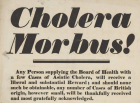
The experience of Bilston in the cholera epidemic of 1831–32
ArticleClick to view -
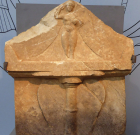
Ancient Athenian inscriptions in public and private UK collections
ArticleClick to view -

History Abridged: The census
ArticleClick to view -

My Favourite History Place: St James Church, Gerrards Cross
ArticleClick to view -

Disease and healthcare on the Isle of Man
ArticleClick to view -

Florence Nightingale and epidemics
ArticleClick to view -
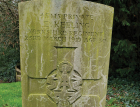
Real Lives: Commonwealth War Graves Commission memorial: Edward George Keeling
ArticleClick to view -
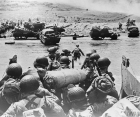
Recorded webinar: Untold Stories of D-Day
ArticleClick to view -
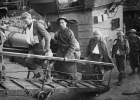
Why was it so important to see Dunkirk as a triumph rather than a disaster in 1940?
ArticleClick to view -

Monty’s school: the benign side of Viscount Montgomery of Alamein
ArticleClick to view -

My Favourite History Place: The Chantry Chapel of St Mary on Wakefield Bridge
ArticleClick to view -
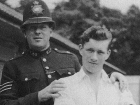
Real Lives: Harry Daley
ArticleClick to view -
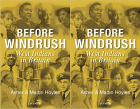
Before Windrush: West Indians in Britain
ArticleClick to view -

The NHS: Britain’s National Health Service, 1948-2020
ArticleClick to view -

At home with Amanda Ira Aldridge
ArticleClick to view -
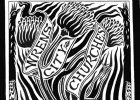
Architecture within the reach of all
ArticleClick to view -

Grave matters
ArticleClick to view -

‘The cradle of the Industrial Revolution’
ArticleClick to view -

Exploring Twentieth-Century History
ArticleClick to view -

On Black Lives Matter
ArticleClick to view

